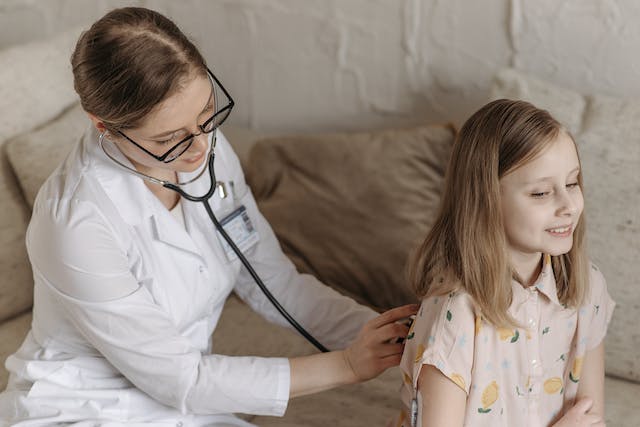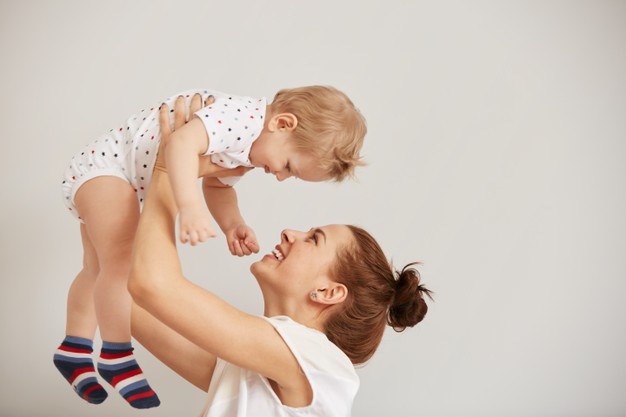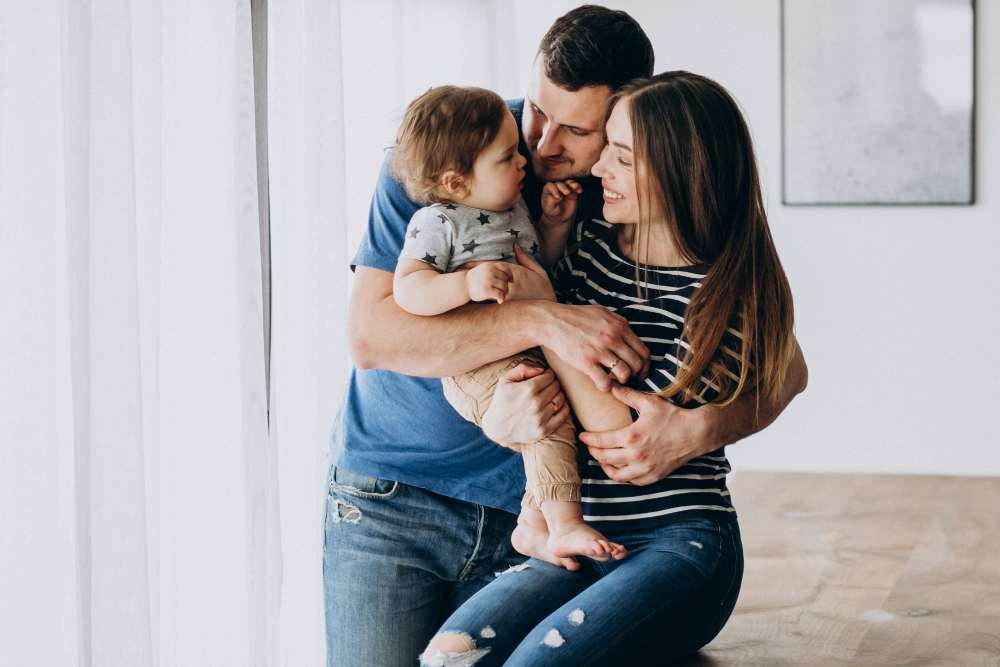In the world of parenting, the safety and well-being of our little ones always take precedence.
As an experienced pediatrician, I often encounter concerned parents inquiring about the
use of baby walker toys.
Surprisingly, the consensus among pediatricians is a resounding “no” when it comes to
these seemingly innocent devices.
**1. Developmental Delays:
Pediatricians are increasingly advising against baby walker toys due to the potential
developmental delays they may cause.
While these devices may provide mobility, they can hinder a baby’s natural learning
process of crawling and cruising, which are essential developmental milestones.
**2. Safety Concerns:
One of the primary reasons pediatricians discourage baby walker toys is the safety risk
they pose.
Walkers can easily tip over or collide with furniture, leading to accidents and injuries.
The American Academy of Pediatrics (AAP) reports a significant number of injuries related
to baby walkers, emphasizing the importance of a safer alternative.
**3. Muscle and Bone Development:
Pediatricians express concern over the impact of baby walker toys on muscle and bone
development.
These devices encourage a premature upright position, potentially affecting the natural
progression of a baby’s muscles and bones.
The AAP recommends allowing infants to develop strength and coordination through
natural movements without the aid of walkers.
**4. Delayed Motor Skills:
Research suggests that the use of baby walker toys may delay the development of certain
motor skills.
Rather than aiding in walking development, these devices may create an artificial walking
pattern that can interfere with the proper progression of a child’s motor skills, leading to
potential long-term consequences.
**5. Increased Risk of Accidents:
Pediatricians emphasize that the use of baby walkers increases the risk of accidents,
including falls down stairs and collisions with objects or furniture.
These accidents can result in injuries that could have a lasting impact on a child’s health
and well-being.
In conclusion,
The unanimous stance among experienced pediatricians is to discourage the use of baby
walker toys.
Safety concerns, potential developmental delays, and the increased risk of accidents
make these devices a less favorable choice for parents. Instead, pediatricians recommend
alternative methods, such as tummy time and interactive floor play, to promote a child’s
natural development while ensuring a safe and nurturing environment.
By understanding why pediatricians advise against baby walker toys, parents can make
informed decisions that prioritize the health and well-being of their precious little ones.










